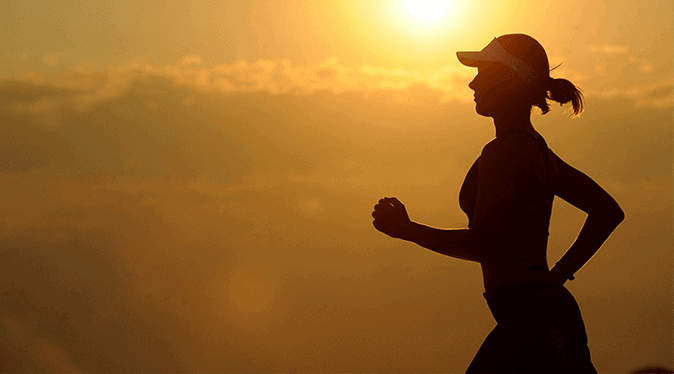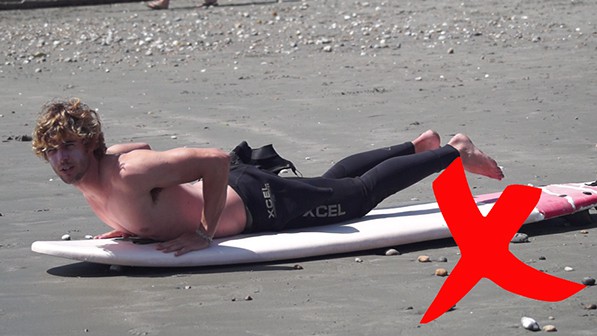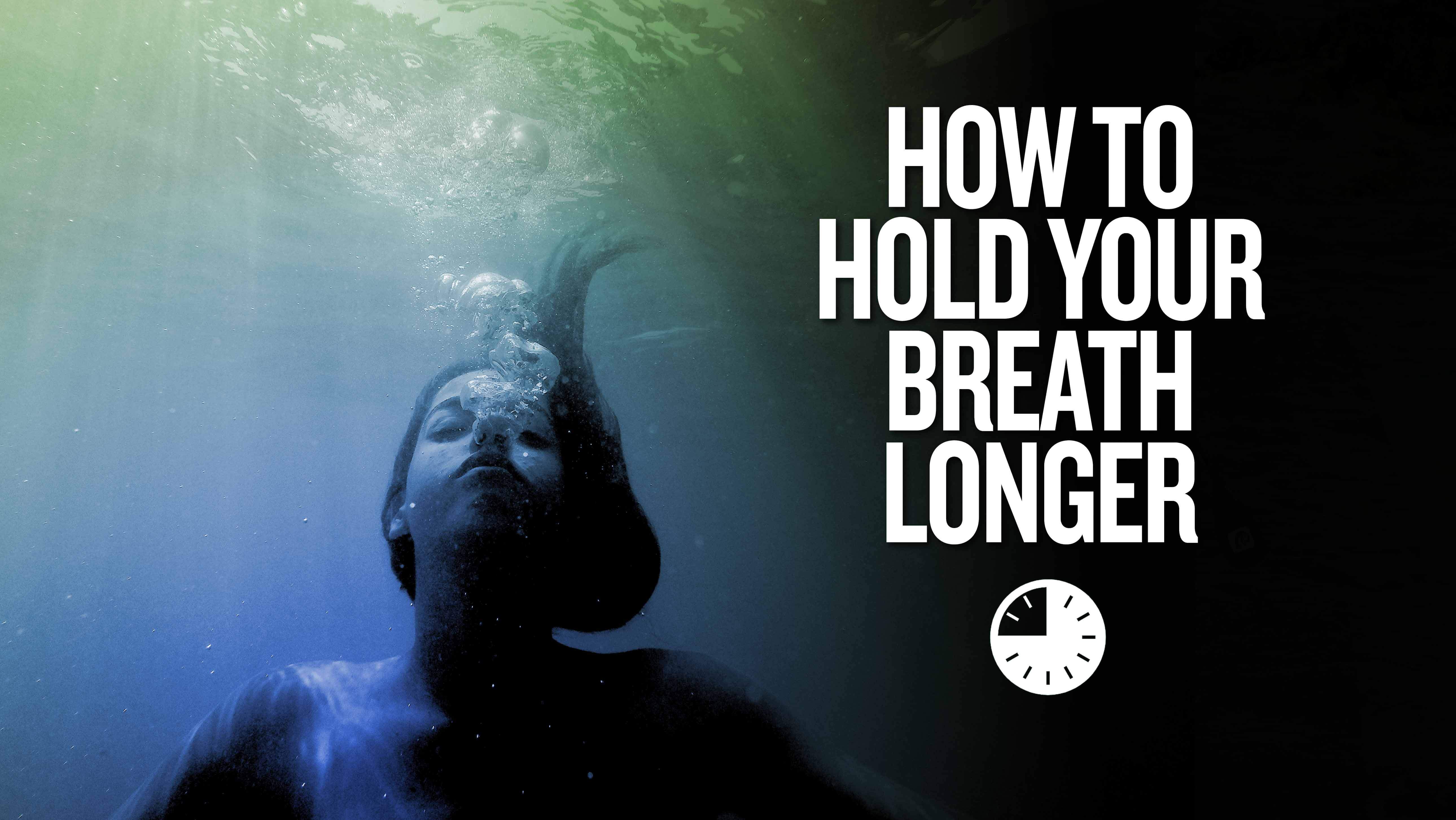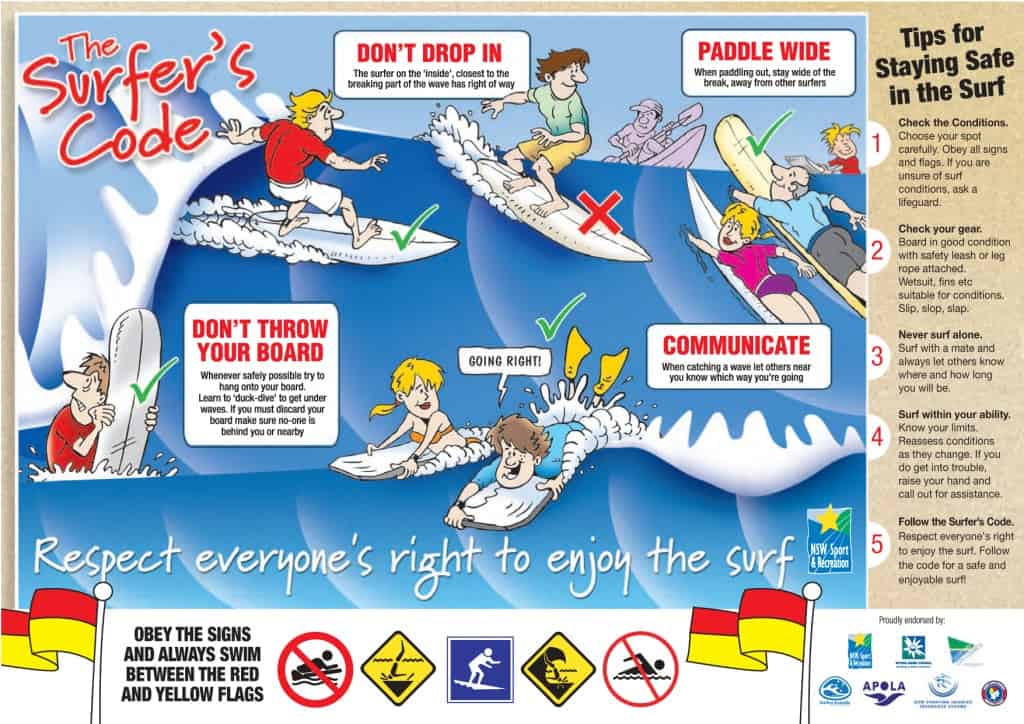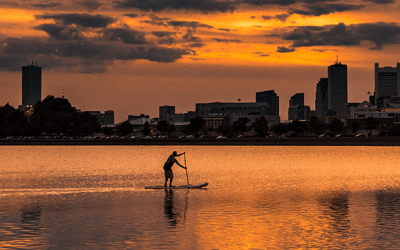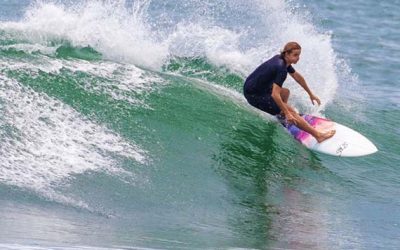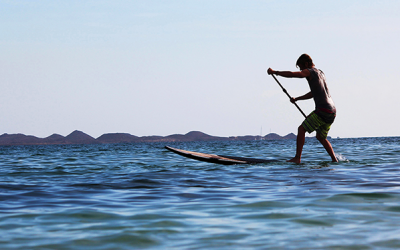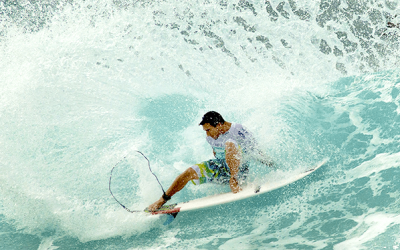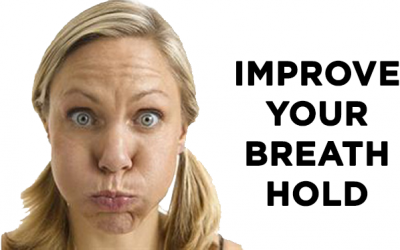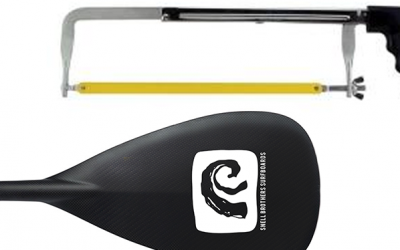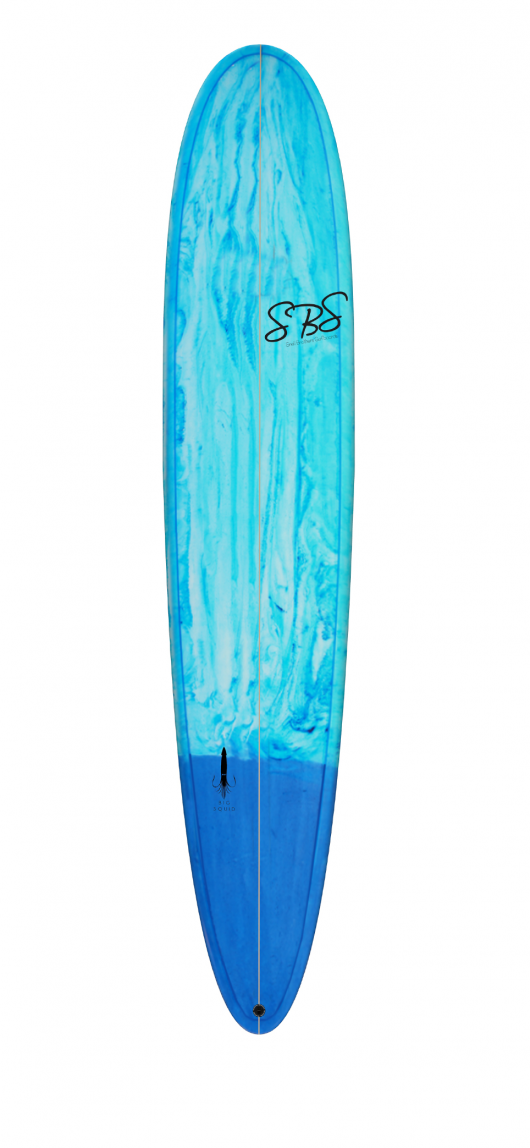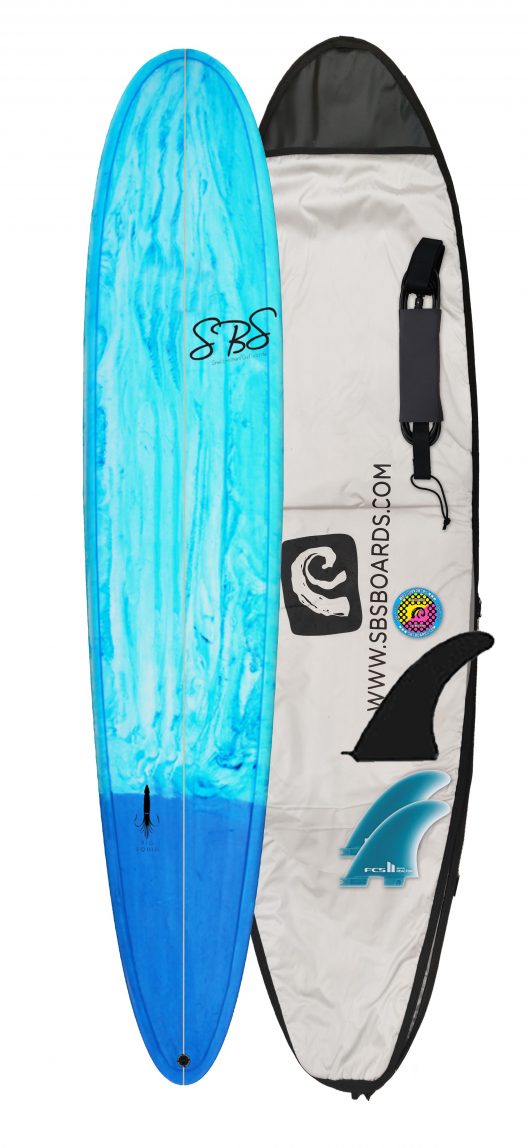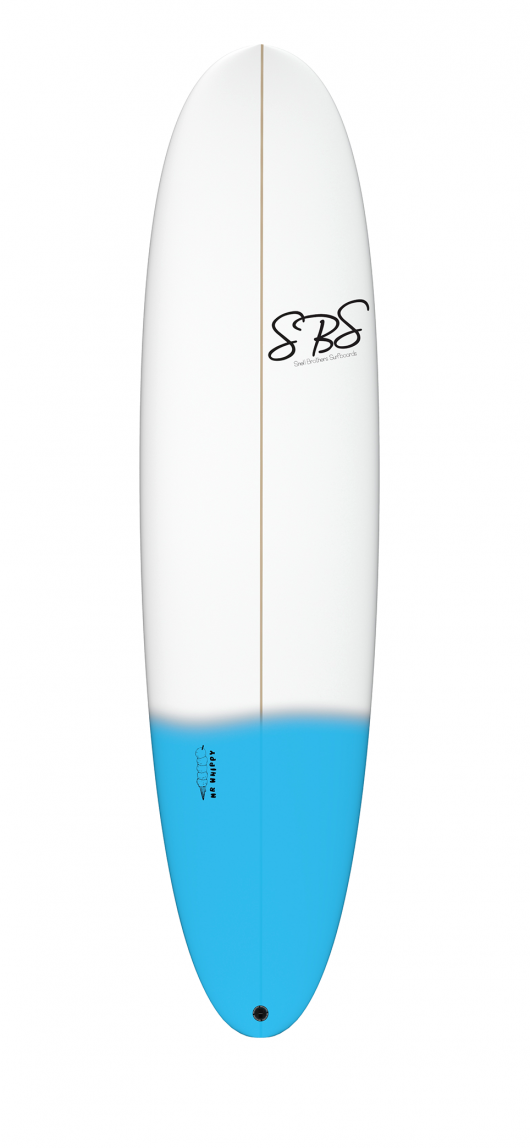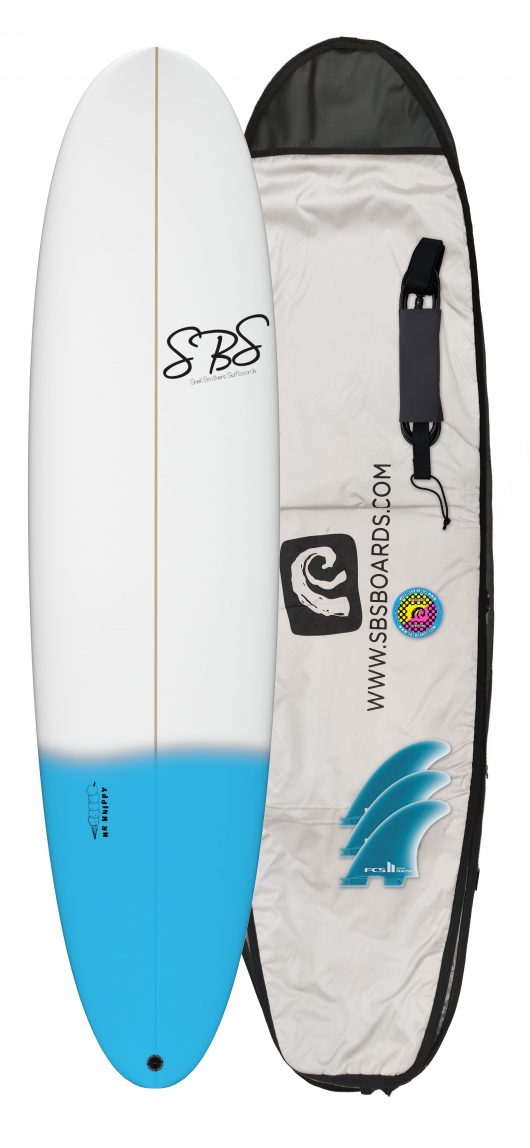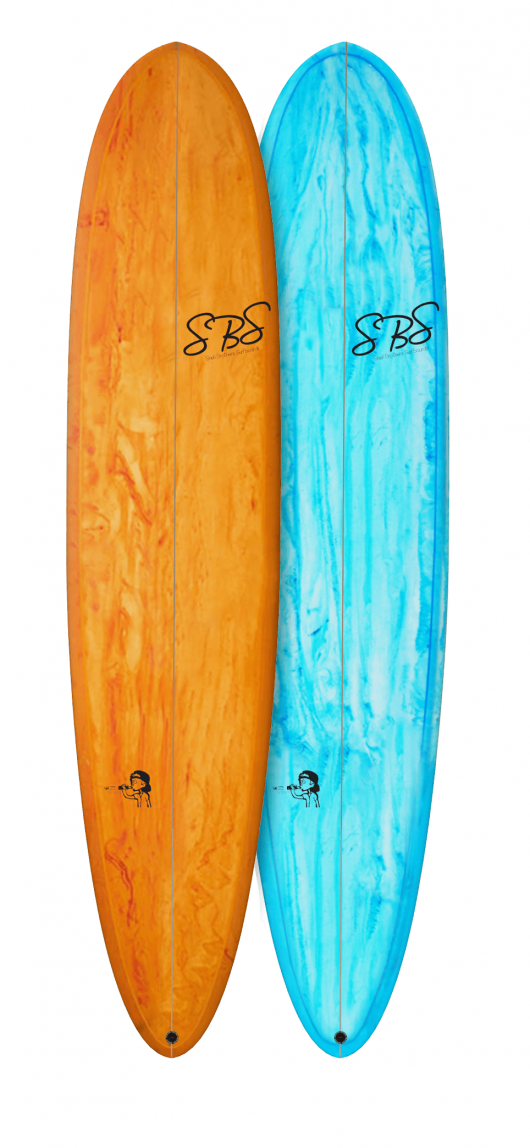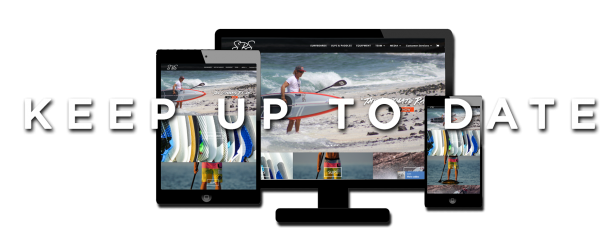13 Things All Beginner Surfers Need To Know
If you are new to surfing or if something you want to try there are some precautions you should definitely take before jumping in at the deep end
Here are our top 13 tips for beginners all the things you will need to know to get you started in your surfing fun and Adventures some are safety aspects some tips and trick, sum need to knows that should be in mind every time you head out on the sea
First things first surfing is supposed to be fun, our tips are just to make your fun more enjoyable safe and effective in the long run I’m sure if you’ve surfed already you’re probably hooked and there’s a great group of people ready to join you in the water so Let’s Begin
1 Before paddling Out
If this is your first time surfing a surf camp lesson or teacher is always advisable this will help you pick up the basics I’ve surfing paddling and beach awareness far quicker.
An experienced teacher or other Surfer will have your back if you are injured or put yourself in danger after all we are all out there trying to have fun.
When choosing a camp teacher or friend try and get a referral from someone word of mouth is the best way to find a good teacher/ class. a good teacher will also want you to progress and your love surfing, even more, when you feel safe and learn quicker
2 Board Choice
A foam board is a beginner’s best friend. it’s the wide iron surface area to practice on and falling off will be a little less punishing on your body compared to a hardboard ( and you will fall off a lot) another benefit of a foam board is others around you it’s likely you’ll be surfing in the white water that can be very crowded at times with other beginners, paddlers, bodyboarders. whether you get hit by another board or you hit someone with your board a soft-top foam board will nicer than a hard board sup or a pointy shortboard
3 choose your beach Wisley
Choosing a beginner-friendly surf spot will speed up your success in the waves generally whitewater beach breaks with little rip currents will be the ideal beginner conditions
4 getting to know your surroundings
Just like choosing the right beach knowing the conditions where where to get in where the riptides are hidden dangers and hazards a good start is to spend some time on land first with your group teacher or friend work out the best spot to enter the water check over your gear leash, board, suit Whether you’re a beginner or advanced surfer most Surfers will check the waves before jumping in but the sea is unpredictable and can throw all kinds at you. Being aware of wave conditions can help you prepare for changes that might happen once you’re out in the water
5 Warm up and stretch
Maybe not the most exciting thing but can be one of the most important feeling tight cramping and simply fatiguing faster will all be a result of not warming up or stretching correctly in the beginning here’s some info on best stretches and the best warm-ups for surfing
6 Calm and confident
Being calm in the sea will be your best friend when it comes to saving energy and controlling your breath you’ve got this far with all of the beach prep work you know the conditions by this point
7 Start small
Although the coined phrase is, “go big or go home” starting small as a beginner or even intermediate will get you warmed up to the conditions. starting off with smaller waves on the inside once you build confidence and understand where the ribs are you can all then work your way out back there is always a great feeling of catching big waves but as a beginner, you want to catch more waves so starting small is the key to catching more waves
8 Practice
All of the work you put in on the beach will now come into play and you’ll have to Almost drill this over and over on many waves sitting on the board paddling and the Pop-Up are your three main skills you will be rinse and repeating to get this to a fine art. so I think he is also one of the sports, wear if it feels right it’s probably correct you can tell quite fast if your paddling in the wrong position on your board nose dipping under the water or you’re zigzagging side to side it will feel correct same goes for the Pop-Up you will know when it’s right.
9 The Shuffle
While sitting waiting on the board Currents and waves will move and rotate you overtime so keeping your feet dangling in the water and keeping your feet moving will help you correct yourself rotating your feet in One Direction will help spin the board and your nose pointing outwards towards the horizon. once on your bored you will also want to keep your feet moving and adjusting to find the correct position moving up and down the board will help you trim if you’re going too fast or too slow on a wave on bigger boards this can also help with tighter turns
10 nose diving and wipeouts
Just like practising all the good techniques practising how to fall off is also key. counterintuitive I know but for anyone who has skateboarding or skied or any other board sport will know how to fall off correctly will limit the damage that you take. Similar to shuffling when you catch a wave you want to keep your nose out of the water as soon as your nose starts dipping under it’s almost game over. you can avoid this by positioning yourself further back when paddling and lifting your chest higher. if you are very new to surfing or even being in the sea knowing when to hold your breath as a wave hits you may be a new concept as well once again practice over time will help. improving your breath-hold for ducking under waves or when falling off into deeper Waters will be a life-saving skill to develop in the long run
11 Go straight
The fastest way to you get used to surfing without too many variables is to aim straight for the beach get your parallel stance Arms Wide for balance low and facing the direction you want to go
12 respect others
Surfing is a fun social Sport for the most part but there is some etiquette involved when turning up to a new beach. paddling into every wave without consideration for others will not make you the most popular person if you’re with an instructor or a friend who has been surfing longer these people will be able to advise you on what waves to take.
To learn more about Surf etiquette check out our other post
13 know yourself and have fun
If you’re reading this you have probably already had a lesson or surfed before and hopefully it was a lot of fun for you that’s why you’re looking to improve. but also knowing yourself, when you’re tired when you’re free no you’re not having fun anymore that’s the time to paddle in and have a break it is supposed to be fun after all and if you’re not having fun it’s not worth it
I hope these few tips helped you if you think we’ve missed anything important or want to know more send us a message
Related Posts
10 Health Benefits of Stand Up Paddleboarding …
10 Health Benefits of Stand Up Paddleboarding As we know to stand up paddle boarding is a pretty great sport from racing to wave riding it allows young and old to experience the ocean in a variety of forms. Not only is paddle boarding good for our stoke but it...
13 signs you know your addicted to Surfing
Yep its the sport of kings and most defiantly one of the most addicting sports on the planet, so if your frothing to get in on some 1-foot mush or thinking about missing a wedding for some decent swell check out our "13 signs you know you're addicted to Surfing" 1)...
How to Turn A Stand Up Paddleboard
How to Turn A Stand Up Paddleboard Being able to turn a paddle board is an essential skill. The more practice you get at turning and the wider variety of turns you can do will help in you ability to turn at speed and have a much finer control over the paddleboards....
Top 5 Tips for Improving Your Cut back
Top 5 Tips for Improving Your Cut back The front side cutback is a move that is used by surfers of all skill levels. The cutback allows you to use the rail of your board and brings you back to the source of the wave where you can generate more speed for your next hit....
5 Must Know Ways to Improve Your Breath Hold For Surfing
5 Must Know Ways to Improve Your Breath Hold For Surfing We all love surfing and pushing ourselves to get bigger, better & gnarly waves. Progressing and improving are all part of the game. So inevitably you’re going to want to feel comfortable in some...
How To Cut & Fix A SUP Paddle Together
HOT TO CUT & FIX A SUP PADDLEHow To Cut and Fix a SUP Paddle Together This is a how to guide for how to cut an SBS fixed length paddle fallow the guide step by step or watch the video to create your perfect paddle. Supplies Needed: * Hacksaw * Masking...


